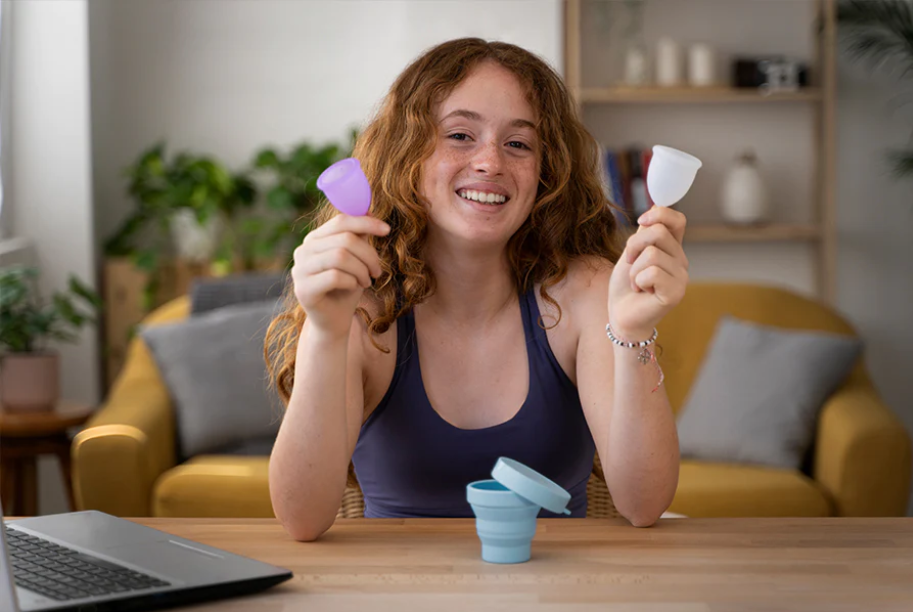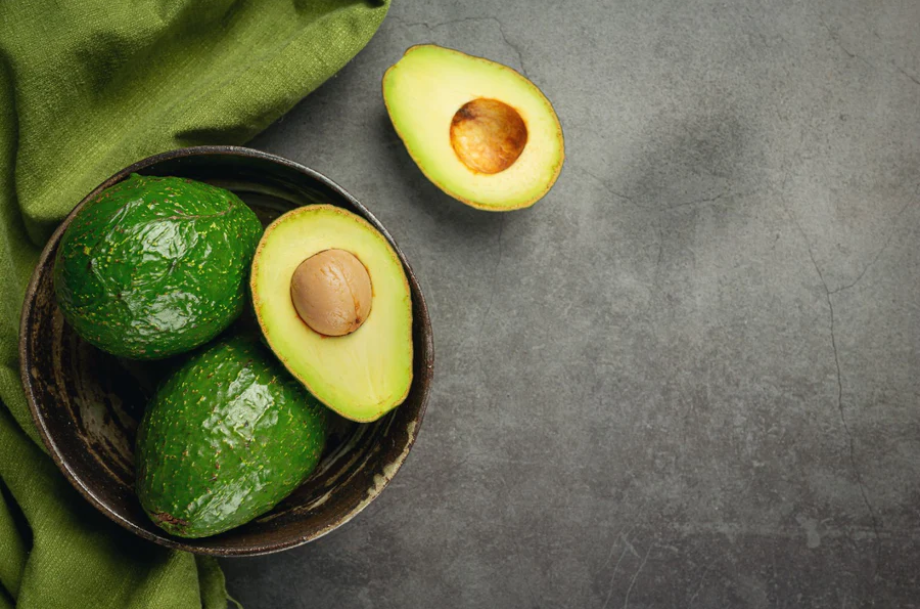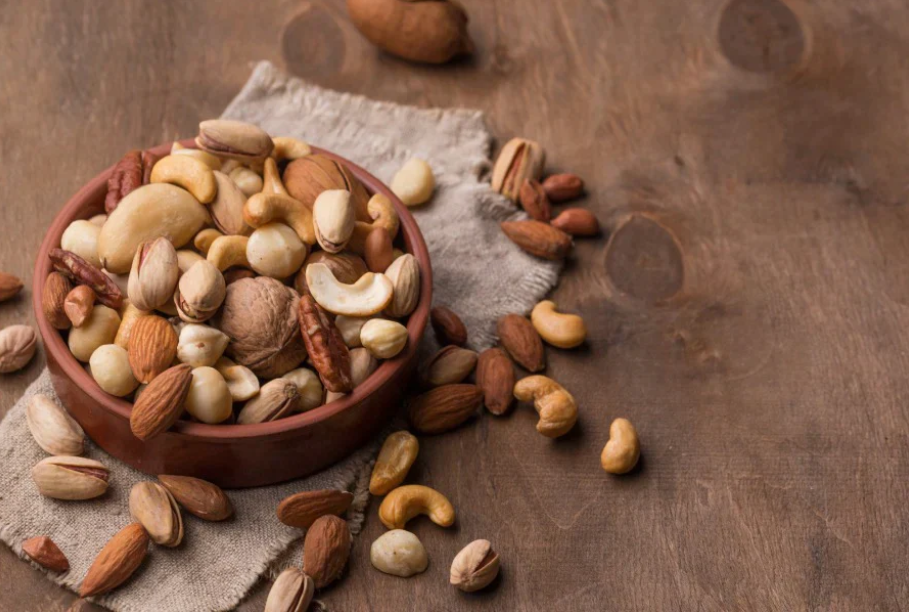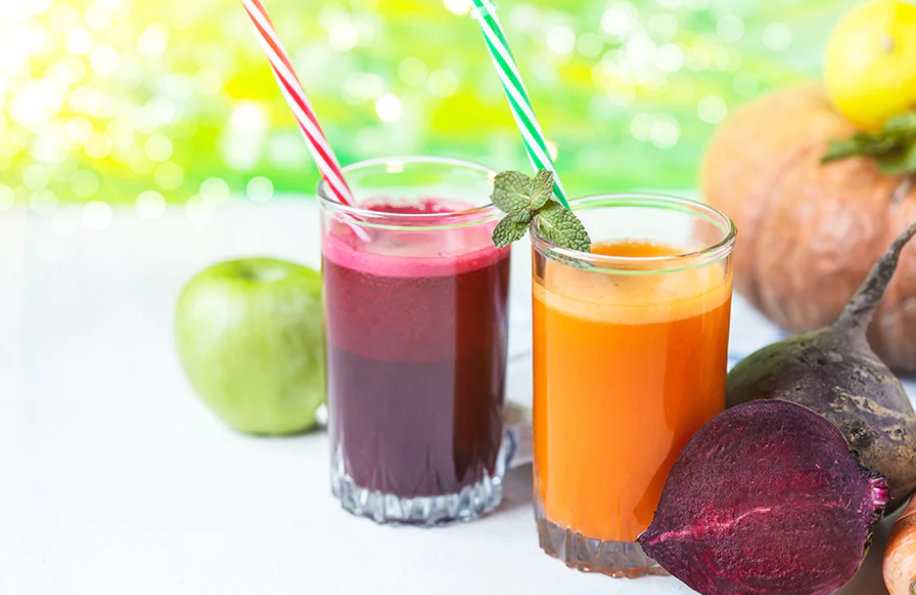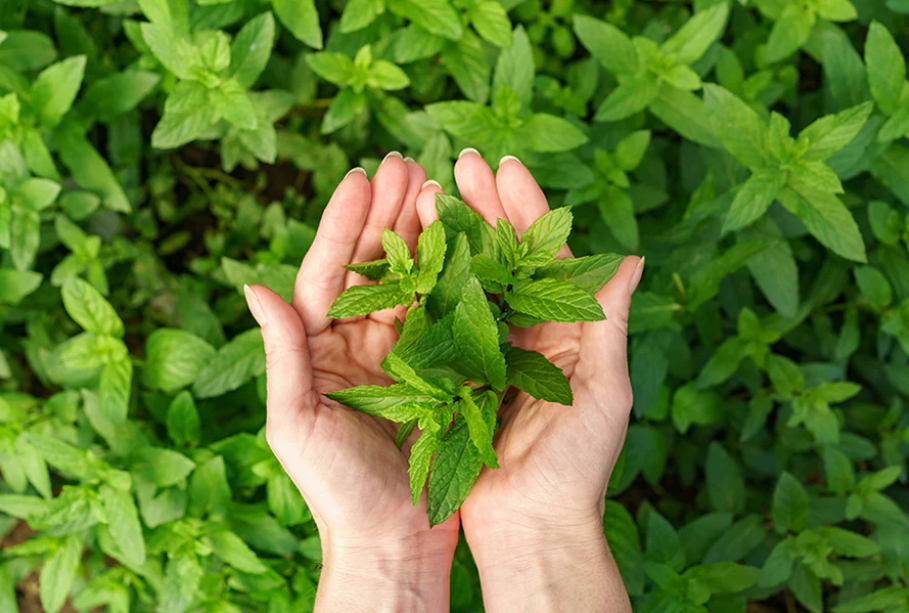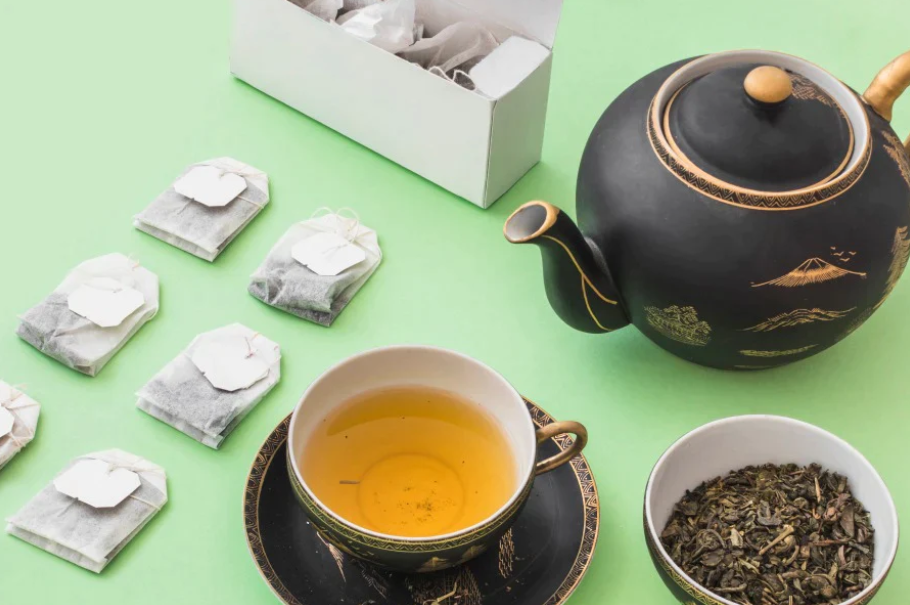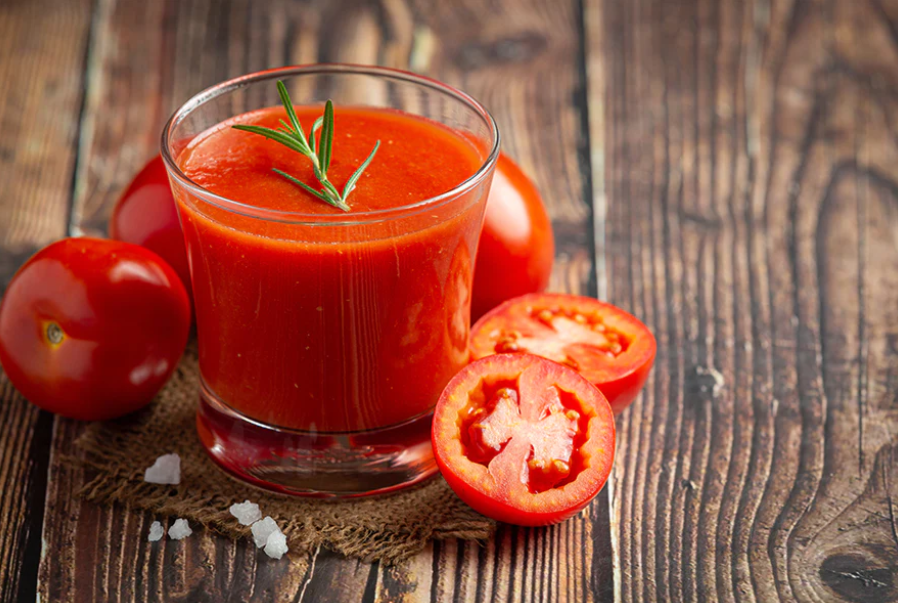A woman can face many challenges throughout her life. Her body and reproductive system experience profound changes throughout her life, from the beginning of her monthly periods to pregnancy and child birth, as well as the onset and severity of menopause symptoms. Menopause is for women the end of suffering and misery.
Menopause refers to a 12-month period after a woman’s last period. This is when women experience changes in their menstrual cycles, hot flashes or other symptoms that are known as the menopausal transition (or perimenopause).
The transition usually begins at 45-55. In some cases, it can last up to 14 years. Every woman experiences menopause differently. Weight gain may be more common in women who experience changes in their energy metabolism or fat cell composition. They might experience changes in bone, heart, body structure, and function.
When do India’s age periods end?
Each stage of a woman’s life presents its own challenges. The body and reproductive system of a woman undergo significant changes from the time she first experiences menstruation to the time she becomes pregnant. The last stage of a woman’s life that is not marked by discomfort and pain is called menopause. Premature Menopause is when a woman experiences menopause after the age 40 in India. The average age for menopause in India is 48 years.
Menopause signs earlier
The mayo clinic suggests that you may experience the following symptoms and signs in the months or years prior to menopause (perimenopause).
- Periodic irregularities
- Vaginal dryness
- Flashes heat
- Chills
- Nighttime sweating
- Sleep problems
- Mood swings
- Losing weight and slowing down metabolism
- Dry skin and hair loss
- Breast fullness reduction
Different signs and symptoms may be experienced by women, such as changes in menstruation. Most likely, you will experience some irregularities in your periods prior to they end.
9 Self Care during menopause
While nature cannot be stopped, there are many things you can do to help yourself through menopause. Here are the top 9 Menopause Care Tips that will help you manage your symptoms and transition into this new phase of life.
1. Take a look at Hormone Therapy (HT).
Hormone treatment is a popular way for women to manage their menopause. HT replaces hormones that have been lost. Although HT is not necessary for every woman, many women benefit from it.
2. Discuss with your doctor about potential health risks
Even if you have found ways to manage your menopause symptoms, it is important to talk to your doctor about any health issues related to oestrogen deficiency. Your heart and bone health are the most important things that you can do.
3. Buy a portable fan
Menopausal symptoms that are most common include hot flashes, nocturnal sweats, and hot flashes. Sometimes it may feel like you’re constantly hot. A portable fan can be a great way to keep cool no matter where you’re located.
4. Use linen and cotton
Two of the most effective fabrics to regulate your body temperature in menopause are linen and cotton. These textiles don’t trap heat and release it. If you feel night sweats, check your blankets and sheets to see if they are made from natural materials. It might be worth switching to cotton bedding. The same applies to clothes. For everyday comfort, wearing naturally light textiles could be a game-changer.
5. Layer your clothes
Layering clothes is a great way to maintain your cool and comfort during menopause. To regulate temperature throughout the day, layer three to four top layers. Many women will cover a sleeveless blouse, t-shirt or t-shirt with loose clothing and a cardigan or jacket to combat chills from hot flashes.
6. Moisturize, lubricate
Pain during sex is one of the most challenging aspects of menopause. This can affect intimate relationships as well as self-esteem.
7. Keep in touch with friends
Menopause can cause mood swings. Having friends close by may be helpful. It is possible to find friends who are going through similar transitions as you. Connecting with friends is one of the best menopausal health care options for general well-being.
8. Keep hydrated
Drinking cold water can help you maintain a healthy body temperature. Now is the time to get a reusable water container. It is a great strategy to keep your body cool, and at a lower temperature, by drinking enough water throughout the day.
9. Talk to your doctor about supplements
Your doctor will recommend nutritional supplements to help you manage your menopause. While some women may take black cohosh or calcium pills, they are not for everyone. To find the best solutions for you, it is important to talk to your doctor.
8 Foods to help you go through menopause naturally
These are eight of the best foods to eat during menopause. These foods are rich in nutrients and should be included in your diet to achieve the best results.
1. Nuts
Magnesium is a mineral that helps with tension, sleeplessness and mood swings. Nuts are high in magnesium. Magnesium is essential for bone health.
Also, nuts are high in omega-3 fats and calcium. This helps to relieve menopausal symptoms.
2. Berries
This fruit is rich in fiber, anti-oxidants and other disease-fighting minerals.
Research has shown that berries can improve brain function and help women manage tension.
You can mix them into cereals, yoghurt, and smoothies. You can also eat it as a snack during meals.
3. Leafy green vegetables
The calcium in dark green leafy greens is high, which is important for bone health and prevention of osteoporosis. This is a common side effect of menopause. They are also rich in anti-oxidants which reduce inflammation and ease discomfort.
Include leafy vegetables like spinach, kale and mustard greens in your daily meals.
4. Whole grains
Whole grains contain high levels of B vitamins, minerals and nutrients.
They can regulate energy levels and improve metabolism.
It has been proven that they lower cholesterol in the body.
5. Turmeric
Turmeric, a golden yellow spice also known as Indian saffron is multi-purpose.
Turmeric with its active ingredient curcumin is the best anti-inflammatory food you can make.
It is widely used in Indian cooking. Drinking ‘golden milk every night’ can help you get the most from turmeric.
6. Broccoli
It’s high in calcium, which may prevent osteoporosis and maintain bone density.
Broccoli can also help with bloating. This is a common symptom of menopause. Each week, women should aim to eat at least five servings of broccoli.
You may also include other cruciferous vegetables like cabbage, cauliflower, and Brussels sprouts.
7. Eggs
Menopausal women are more likely to be deficient in vitamin D and iron.
Eggs contain high levels of vitamin D, iron and protein.
They can also lower blood cholesterol and prevent menopause weight gain.
8. Dairy products
Calcium in dairy products helps maintain bone density.
Dairy products contain a lot of vitamin D and protein which can help you sleep better.
High in probiotics, curd or yogurt may aid digestion, immunity, skin, and other functions.
To get your daily probiotic intake, eat 1 cup of yoghurt each day.
Take Away
Menopause is not a disease, but a natural part. It is a new beginning.
Get plenty of water. At least 8 glasses of water should be consumed each day. Avoid caffeine, spicy foods, and alcohol. These items can exacerbate symptoms like hot flashes, as well as dehydrate your body.
A healthy lifestyle is key to maintaining a healthy weight. Walking should be part of your daily routine. An online program that trains you in fitness can be enrolled. A trained instructor will help you create a workout plan from the comfort of your home.
FAQs:
1. Are periods able to stop abruptly at 50?
Menopause can happen in your 50s or 60s, but the average age for menopause is 51. Menopause is an entirely natural biological process.
2. What is the average age at which menopause ends?
The average age at which menopause ends is 51.
3. What are the first signs that you might be experiencing menopause?
Perimenopause is the first sign of menopause.
References:
Menopause Mayo Clinic

